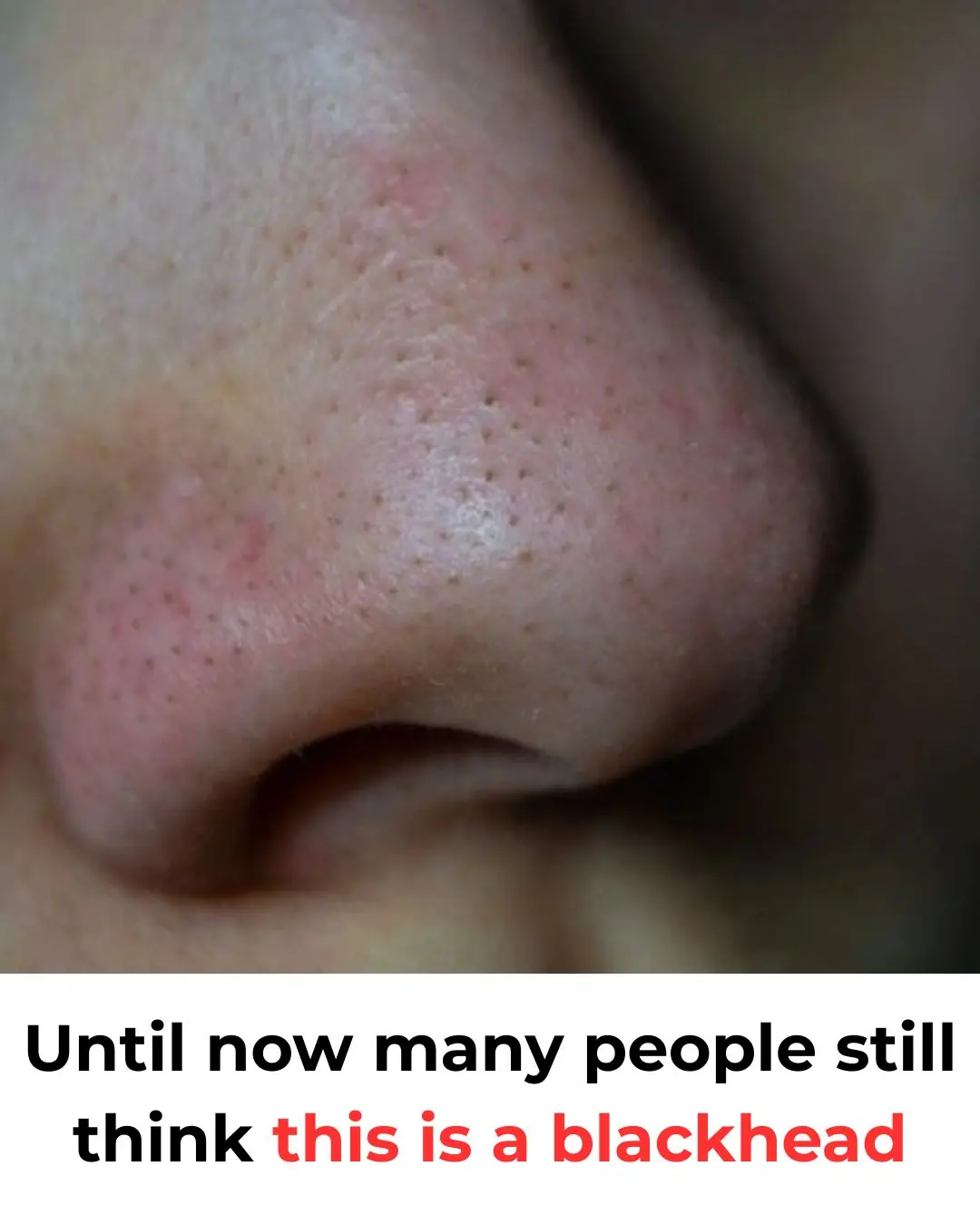
Trump Gives Update on $2,000 Check Plan
Trump Still Pushing for Tariff-Funded Stimulus Checks Despite Growing Skepticism in Congress
Former President Donald Trump is continuing to advance his plan to send Americans tariff-funded stimulus checks, even as uncertainty grows over whether Congress will ultimately support the proposal. The idea—centered on issuing a $2,000 “rebate” to eligible taxpayers—has drawn both attention and criticism from lawmakers, particularly within his own party.
Commerce Secretary Howard Lutnick reiterated the administration’s commitment to the proposal during a Fox News interview on Monday, emphasizing that the plan remains a high priority.
“The president’s got that on his desk. I know that’s something he wants to achieve. His legislative team will figure out the best way to do it,” Lutnick said, noting that the White House is still evaluating the most feasible legislative path forward. According to administration officials, passage would require congressional approval, likely through a reconciliation bill similar to the “One Big, Beautiful Bill” Act enacted earlier this year.
The idea of returning tariff revenue to Americans first surfaced earlier this month, when Trump promoted the concept on social media as a type of “dividend” derived from his broader tariff strategy. The proposed payments would begin in 2026 and be targeted toward low- and middle-income earners—potentially capped at annual incomes of $100,000 or less. Supporters within Trump’s circle argue that this approach would directly redistribute tariff funds back to the people most affected by rising import costs.
Growing Republican Resistance
However, the proposal is already facing pushback from key Republican figures on Capitol Hill, many of whom say the funds should be used more responsibly given the country’s worsening fiscal outlook.
House Budget Committee Chairman Jodey Arrington, a Texas Republican, argued that tariff revenues should be directed toward reducing the nation’s ballooning $38 trillion debt rather than being paid out as stimulus checks. Speaking to Bloomberg News, Arrington warned that using tariff income for rebate payments risks worsening long-term financial pressures.
Several GOP senators have echoed this sentiment. Wisconsin Sen. Ron Johnson voiced strong reservations, citing the nearly $2 trillion federal deficit as a major barrier to supporting the plan.
“If we’re bringing in revenue through the tariffs, that ought to be applied to reduce the deficit, not just to making cash payments to Americans,” Johnson told Fox News. “We can’t afford it. I wish we were in a position to return the American public their money, but we’re not.”
Other lawmakers have raised concerns that the proposal could set a precedent for using tariff income—traditionally a tool of trade policy—as a vehicle for direct government spending, adding another layer of complexity to an already strained federal budget.:max_bytes(150000):strip_icc():format(webp)/GettyImages-2246565654-fb9e9023a281458f927184042b2f31ad.jpg)
Trump Doubles Down on Tariff Strategy
Despite the mounting criticism, Trump continues to strongly defend his tariff policies, portraying them as a powerful revenue engine that will ultimately benefit the American public. On his Truth Social platform, he argued that the U.S. is entering a new phase in which more businesses will soon be required to pay tariffs as existing inventories begin to dwindle, which he believes will significantly boost federal revenue.
“Soon, tariffs will be paid on everything they apply to, without avoidance, and the amounts payable to the USA will SKYROCKET—over and above the already historic levels of dollars received,” Trump wrote. “These payments will be RECORD SETTING, and put our Nation on a new and unprecedented course.”
Supporters say increasing tariff revenue could theoretically offset the cost of the rebate checks. Critics counter that higher tariffs ultimately raise prices for consumers and could place additional strain on the economy.
For now, the plan remains in flux, with its fate likely hinging on whether Trump’s team can convince skeptical lawmakers that tariff-funded checks are both financially viable and politically defensible. As Congress debates funding priorities amid record deficits, the idea of sending out another round of payments—even with a new funding mechanism—faces an uphill climb.
News in the same category


Dandelion Root Extract Shows Potential to Eliminate Up to 95% of Cancer Cells in 48 Hours

Meet the Solar-Powered Sea Slug: The First Animal Known to Photosynthesize!

13-Year-Old Boy's Heartwarming Act of Sacrifice: Buying His Mother a Car Through Hard Work and Compassion

Simple Ways to Reduce Nighttime Wake-Ups and Improve Sleep Quality.

🛡️ The Holy Grail of HIV Research: A Broadly Neutralizing Antibody Targets the Virus's Achilles' Heel

🌊 Harnessing the Ocean’s Power: Scientists Pioneer a Breakthrough in Turning Seawater into Emission-Free Hydrogen Fuel

🧬 Pioneering Hope: Japanese Researchers Achieve Historic Movement Restoration Using Stem Cell Therapy for Paralysis

🧊 The New Frontier in Oncology: MRI-Guided Cryoablation Offers Non-Invasive, Precision Cancer Treatment

🧠 The Resilient Mind: A Case Study in Neuroplasticity Challenges the Limits of Human Cognition

🕷️ The Unexpected Side Effect: Neurotoxins in Brazilian Wandering Spider Venom and the Quest for New Medicines

Could Your Blood Type Be Influencing How You Age

Why Those Tiny Dots on Your Nose Are Completely Normal

The Netherlands Builds a 600-Meter Floating System to Clean Ocean Plastic: A Breakthrough for Global Marine Protection

✅ International Medical Recommendations for Treating Snakebites

🌟 Belgium’s 15-Year-Old Prodigy Earns a PhD in Quantum Physics — A Remarkable Journey of Genius and Innovation 🌟

Breakthrough Cell Transplant Restores Insulin Production, Offering New Hope for Diabetes Reversal

A Homeless Pup's Heartfelt Payment: A Story of Kindness and Unspoken Bonds

Renewable Energy Surpasses Coal as World's Largest Source of Electricity: A Historic Milestone for Humanity and the Planet
News Post

Dandelion Root Extract Shows Potential to Eliminate Up to 95% of Cancer Cells in 48 Hours

Meet the Solar-Powered Sea Slug: The First Animal Known to Photosynthesize!

13-Year-Old Boy's Heartwarming Act of Sacrifice: Buying His Mother a Car Through Hard Work and Compassion

Living With a Rare Condition, a 25-Year-Old Faces One of Life’s Hardest Decisions

Simple Ways to Reduce Nighttime Wake-Ups and Improve Sleep Quality.

Aretha Duarte Makes History As First Black Latin American Woman To Climb Mount Everest

Doctors reveal the #1 supplement to reduce dementia risk

The Coffee Photo That Survived the War.

Issa Rae Opens New ‘Downtown Dough’ Pizzeria in L.A.

From Hardwood Hero to Human Inspiration: The Legacy of Rodney Rogers.

The step-by-step plan to drop 30 pounds quickly in 2025

The Weight Bryce Couldn’t Carry Alone.

A Lesson Two Boys Will Carry for Life.

Got High Blood Pressure? Try This 2-Ingredient Tea!

106 & Park to Celebrate 25 Years With an Epic Reunion at the 2025 BET Awards

She Just Opened The First Black-Owned Direct Primary Care Facility In Washington State

The First Time Pyi Mai Touched the River.

🛡️ The Holy Grail of HIV Research: A Broadly Neutralizing Antibody Targets the Virus's Achilles' Heel

The Day Mr. Brooks Walked Back Into the Sunlight.
